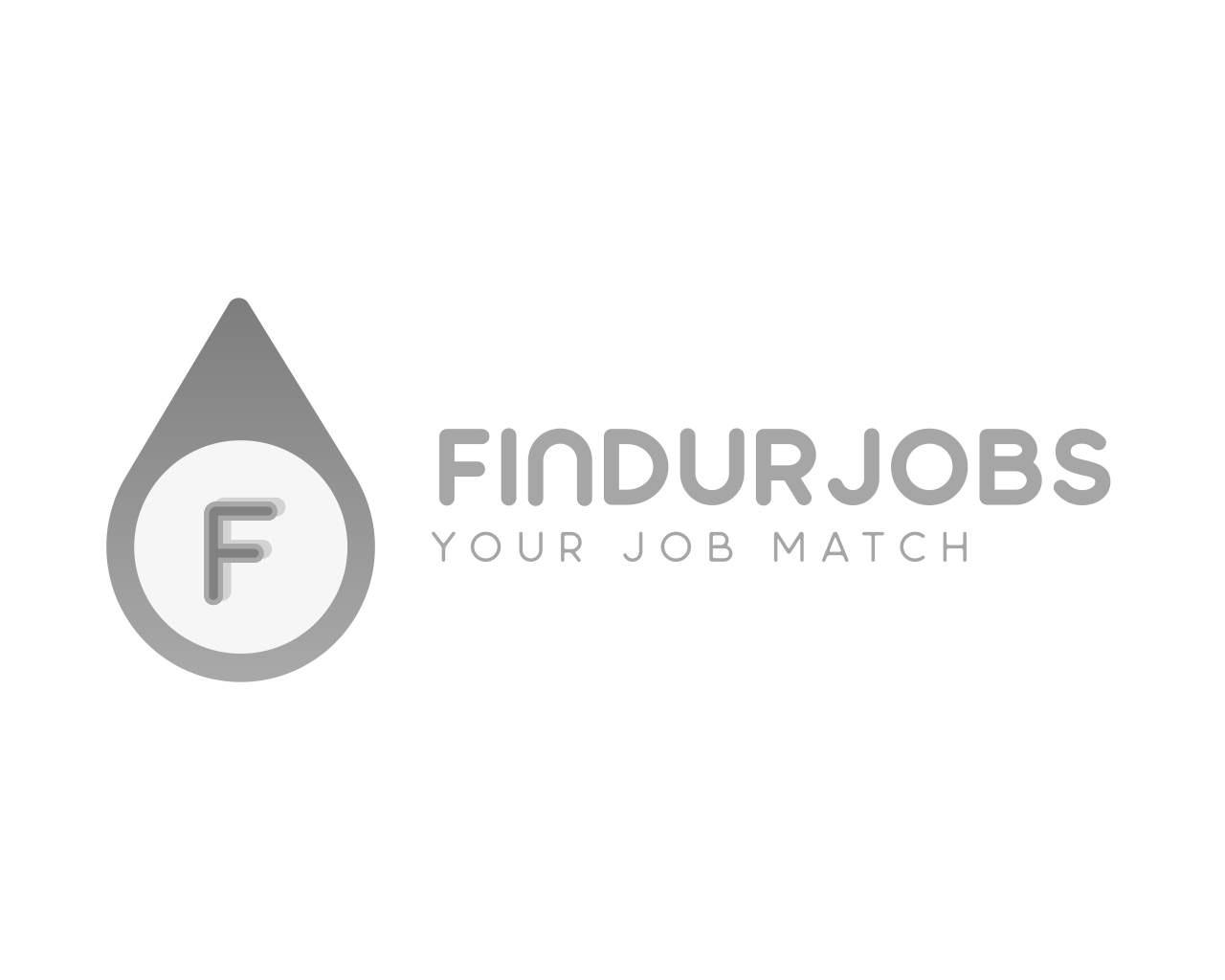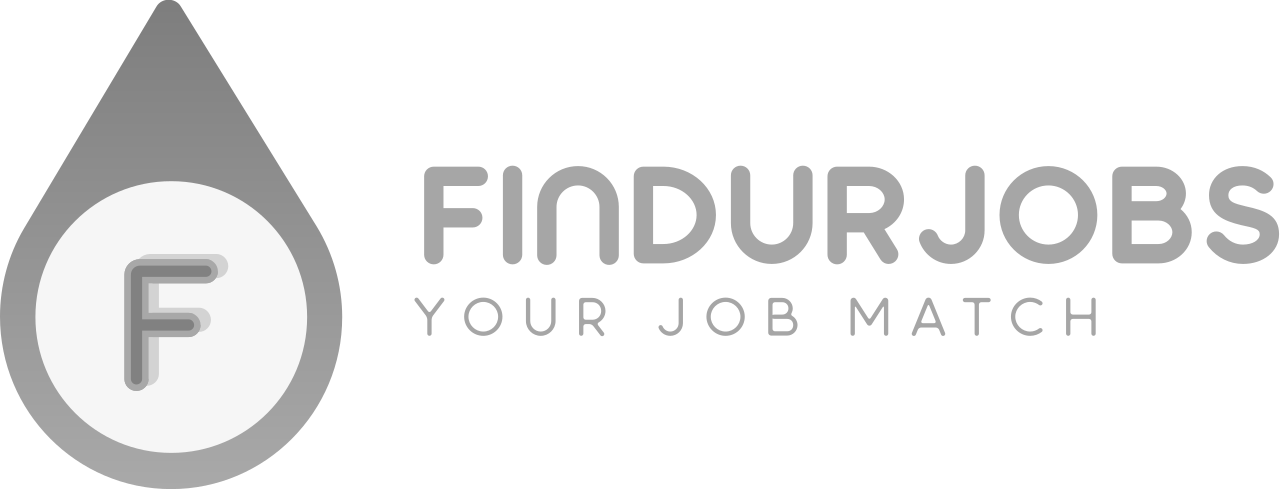Finance
Common Mortgage Mistakes to Avoid
Mortgage Mistakes To Avoid
Buying a home is one of the most significant financial decisions you’ll make in your lifetime. While securing a mortgage is often a necessary step in the home-buying process, it can be overwhelming and full of pitfalls. Many prospective homeowners rush into mortgages without fully understanding the details, which can lead to costly mistakes down the line.
This article outlines the most common mortgage mistakes and offers tips to avoid them, helping you navigate the process more confidently and with fewer financial risks.
Jobs in USA with Visa Opportunity for Immigrants – Start Your Career
1. Failing to Check Your Credit Score in Advance
Your credit score plays a critical role in the mortgage process. It determines not only whether you qualify for a mortgage but also the interest rate you’ll receive. A lower credit score can result in higher interest rates, costing you thousands of dollars over the life of the loan.
Common Mistake:
Many potential buyers fail to check their credit scores before applying for a mortgage, only to find out during the process that their score is lower than expected. This can lead to a mortgage denial or approval with undesirable terms.
How to Avoid It:
Before applying for a mortgage, check your credit score and review your credit report for any errors or discrepancies. You can obtain a free credit report annually from each of the three major credit bureaus (Equifax, Experian, and TransUnion). Correct any errors you find, and take steps to improve your credit score, such as paying off debt or making timely payments on existing credit accounts.
2. Not Comparing Lenders
It’s tempting to go with the first mortgage offer you receive, but this can lead to missing out on better deals. Mortgage rates, fees, and terms can vary significantly from lender to lender, so shopping around is essential.
Common Mistake:
Some buyers lock in a mortgage rate with the first lender they approach, without comparing offers from other institutions. This can result in higher interest rates or less favorable terms.
How to Avoid It:
Request quotes from multiple lenders, including banks, credit unions, and online lenders. Pay attention to the annual percentage rate (APR), which includes both the interest rate and other fees associated with the loan. Comparing different lenders will help you secure the best possible deal.
A Step-by-Step Guide to Canada Permanent Residency
3. Overlooking the Total Cost of Homeownership
Many first-time buyers focus solely on the mortgage payment when calculating affordability. However, there are numerous other costs associated with owning a home, such as property taxes, homeowners insurance, maintenance, and utilities.
Common Mistake:
Underestimating these additional expenses can lead to financial strain, especially when unexpected repair costs arise.
How to Avoid It:
When budgeting for a home, factor in all potential costs, not just the monthly mortgage payment. You can ask the seller for an estimate of property taxes and insurance costs, and consider setting aside funds for maintenance and repairs. A good rule of thumb is to allocate 1-3% of the home’s value annually for upkeep.
$3,173 Child Disability Credit Benefit: Who Can Get It and How to Claim
4. Taking on More Debt Before Closing
Once you’ve been pre-approved for a mortgage, it can be tempting to start making large purchases for your new home, such as furniture or appliances. However, taking on additional debt before your mortgage closes can jeopardize your loan approval.
Common Mistake:
Opening new credit accounts or increasing your debt-to-income ratio can cause lenders to reconsider your mortgage approval, even after pre-approval.
How to Avoid It:
Hold off on making large purchases or opening new lines of credit until after your mortgage has closed. Lenders will do a final check of your credit report and debt levels just before closing, and any significant changes can cause delays or even lead to a denial of the loan.
5. Choosing the Wrong Mortgage Type
There are several types of mortgage products available, including fixed-rate, adjustable-rate, and government-backed loans like FHA or VA loans. Each type of mortgage has its pros and cons, and choosing the wrong one can lead to financial strain.
Common Mistake:
Some buyers opt for an adjustable-rate mortgage (ARM) because of the initially lower interest rate, only to face significantly higher payments when the rate adjusts. Others may overlook government-backed loans that offer better terms for first-time buyers or veterans.
How to Avoid It:
Research the different types of mortgages and consider your long-term financial situation. If you plan to stay in your home for a long time, a fixed-rate mortgage may be the best option, as it offers stability with consistent payments. If you plan to sell or refinance within a few years, an ARM might be worth considering, but be sure you understand how rate adjustments will affect your payments.
A Step-by-Step Guide to Canada Permanent Residency
6. Not Saving Enough for a Down Payment
While some mortgage programs allow for low down payments, putting down less than 20% typically requires private mortgage insurance (PMI). This can add hundreds of dollars to your monthly mortgage payment.
Common Mistake:
Many homebuyers underestimate the importance of a sizable down payment. While it’s possible to get a mortgage with a down payment as low as 3-5%, doing so can result in higher costs over the life of the loan due to PMI and higher interest rates.
How to Avoid It:
Aim to save at least 20% of the home’s purchase price for a down payment to avoid PMI and secure better mortgage terms. If saving this amount isn’t feasible, look into programs for first-time buyers or government-backed loans that may offer lower down payment options without requiring PMI.
7. Skipping the Pre-Approval Process
Getting pre-approved for a mortgage before you start house hunting is crucial. Pre-approval gives you an idea of how much you can afford and shows sellers that you’re a serious buyer.
Common Mistake:
Some buyers skip pre-approval and only get pre-qualified, which is a less thorough process. Without pre-approval, you may end up bidding on homes outside your budget, or worse, losing out to buyers who have pre-approval.
How to Avoid It:
Get pre-approved by a lender before you start searching for homes. Pre-approval requires a thorough review of your finances, including credit score, income, and debt, which gives you a realistic budget and strengthens your offer when you find the right property.
8. Ignoring the Fine Print
The mortgage process involves a lot of paperwork, and it can be easy to gloss over the fine print. However, failing to understand the terms of your loan can lead to unexpected costs or penalties down the road.
Common Mistake:
Some buyers don’t fully read or understand their mortgage terms, leading to surprises like prepayment penalties or unexpected interest rate changes.
How to Avoid It:
Take the time to carefully review all loan documents before signing. Ask your lender to explain any terms or conditions you don’t understand. It may also be helpful to consult with a real estate attorney or financial advisor to ensure you’re fully aware of your obligations.
Top 12 Affordable Hotels for Tourist Arrivals in Canada
9. Not Locking in Your Interest Rate
Mortgage rates can fluctuate daily, and waiting too long to lock in your rate can result in a higher interest rate than you initially expected.
Common Mistake:
Some buyers assume that rates will remain stable or decrease, only to find that rates have gone up by the time they’re ready to close, resulting in higher monthly payments.
How to Avoid It:
Once you find a mortgage rate that you’re comfortable with, ask your lender about locking it in. A rate lock guarantees that your interest rate won’t change during the period of the lock, even if market rates increase.
Conclusion
Avoiding common mortgage mistakes can save you thousands of dollars and prevent a great deal of stress. By understanding the importance of credit scores, comparing lenders, and being mindful of all costs associated with homeownership, you can navigate the mortgage process more smoothly. Take your time to educate yourself, consult with professionals when needed, and carefully review all loan terms before making a decision.
Your home is one of the largest investments you’ll ever make, and avoiding these pitfalls will help ensure that it’s a positive and rewarding experience.
By keeping these common mistakes in mind, you can approach the mortgage process with greater confidence and set yourself up for financial success. Whether you’re a first-time buyer or looking to refinance, avoiding these traps will help you achieve your homeownership goals without unnecessary stress.

